‘This is not an amateur film festival! What did you even graduate from?’
In Kazan, the quality of films made with subsidies from the Ministry of Culture of the Republic was checked
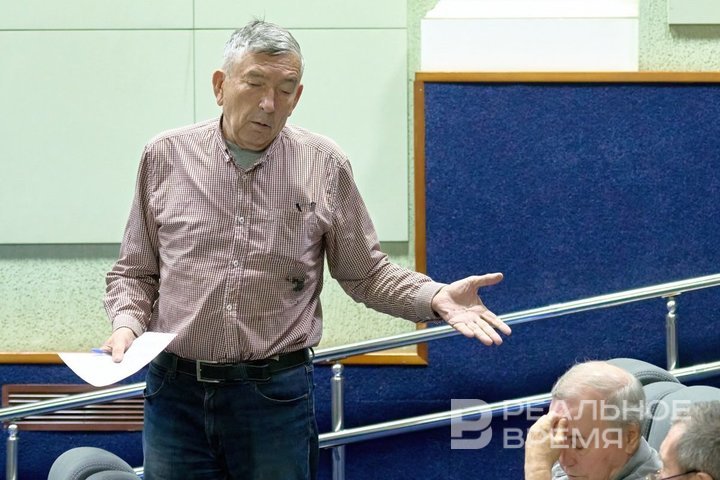
In Kazan, an expert council criticized films by Tatarstan directors made with subsidies from the Ministry of Culture of Tatarstan. These works were selected as the best during a pitching two years ago. The jury members were representatives of the republic's industry, and leading researcher of the VGIK Film Education Research Centre Sergei Kapterev came from Moscow. Film industry professionals shared their opinions when evaluating the films, agreeing in some places and arguing heatedly in others. Read more about it in the report of Realnoe Vremya.
Subsidies for 7 million rubles
The work of Tatarstan filmmakers who shot films with subsidies from the Ministry of Culture of the Republic of Tatarstan was assessed recently at Mir cinema in Kazan. The total amount of budget funds allocated for the production of films was 7 million rubles.
The expert panel represented by members of the Union of Cinematographers of Tatarstan, university professors and experienced professionals watched nine films.
As for genres and formats, completely different films were presented: documentaries and feature films, full-length films and short films. The experience and age of the directors also differ. But all the films were united by one theme: the traditions and history of Tatarstan.
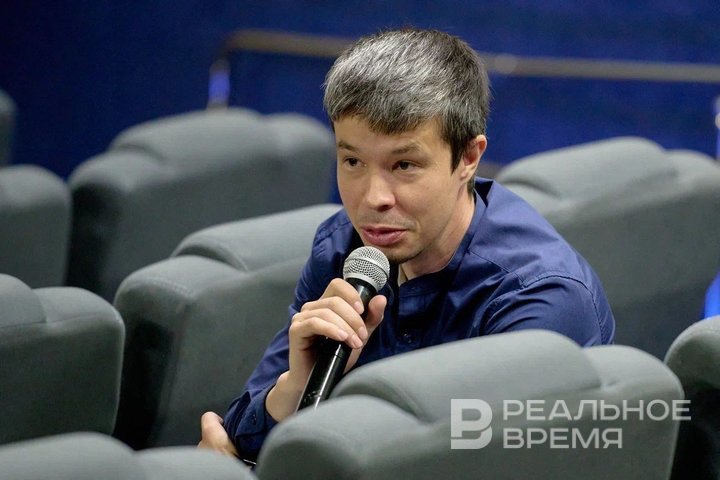
Subsidies for the work were allocated in 2023-2024, and today they were demonstrated to the professional community for the first time. As the head of the department for interaction with public organizations of the Ministry of Culture of Tatarstan, Airat Faizrakhmanov, told Realnoe Vremya, some of them have already received distribution certificates, and some are still in the process.
“Here, at the conference on quality assessment, the opinions of the artistic expert council on cinematography under the Ministry of Culture are heard. The opinion of the members of the Union of Cinematographers is valuable. This is an analysis. Sometimes, naturally, harsh words are heard,” he noted.
So many people — so many opinions
One of the documentaries, The First Rite filmed for a million rubles, caused a violent reaction from the expert council. In the film, director Adelya Rakhimova explored the originality of five districts of Tatarstan.
The film tells about the Muslim tradition of naming a baby. In the first days after his birth, the parents gather relatives and invite a cleric, who gives him a name through prayer.
“At birth, it is customary to give a child a name, call him a hazrat or a mullah. We decided to cover this topic. Our heroes are five Tatar families expecting a child. They are from different parts of Tatarstan, some from a village, some from a town, and one family is from Kazan,” the director said in her welcoming speech.
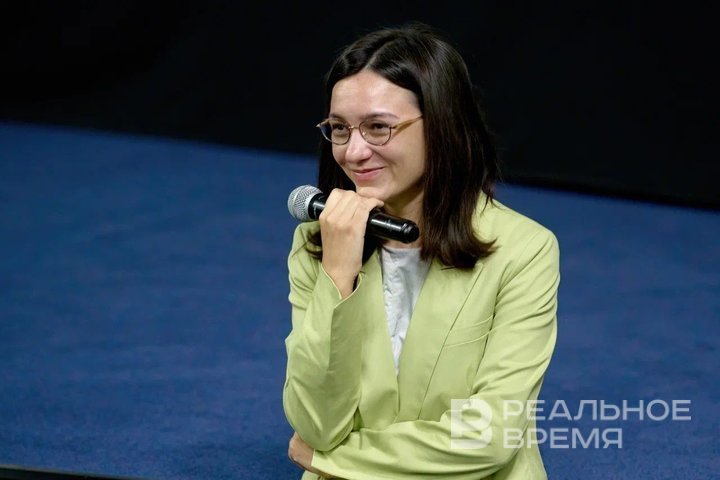
The film caused a mixed reaction.
“Very interesting. The only thing is, I would have made more cutaways. Excellent, educational, great. A good film, but there are not enough cutaways,” expressed his opinion the leading researcher of the Research Centre for Film Education at VGIK Sergey Kapterev.
However, another member of the Expert Council, Professor of the Department of Film and Television Directing at Kazan State Culture Institute Yelena Alexeyeva, disagreed with her colleague. She pointed out the excessive number of “talking heads,” the absence of a “clear ending” and the lack of “romanticism”:
“What you told about this ritual is, of course, interesting. But the people you interviewed say the same thing. If they added something new to the previous words, it would be interesting. But here, even towards the end of the film, interest is lost, because it is very monotonous, and there is no ending at all. Dramatically, the film is very loose — there is no dramaturgy. What I see is what I shoot.”
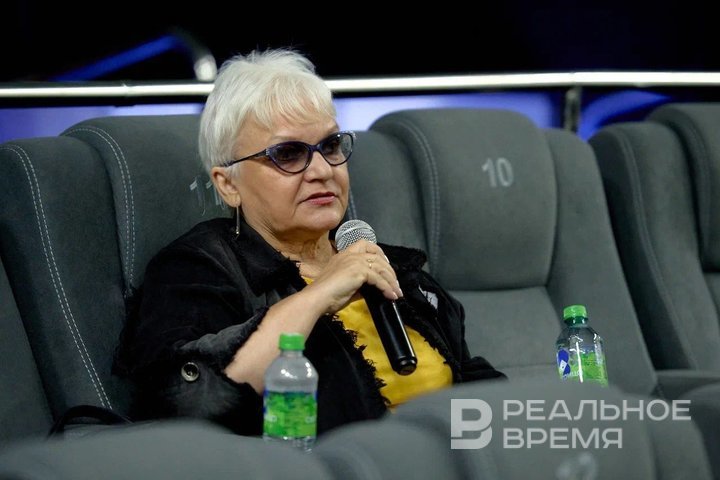
Later, a heated discussion unfolded around the film, in which Faizrakhmanov and member of the Union of Cinematographers of Tatarstan Yuri Gvozd clashed.
“Now, any person who picks up a camera thinks that he is shooting a film. And a film is still a work of art. Even if it is a documentary. A work has its own laws, not to mention dramaturgy and so on. The topic itself is very interesting, the people are bright. But this is not a film — it is a set of frames! This is not a subject for the Ministry of Culture, it could be a film for the Spiritual Directorate of Muslims or for an educational lecture in video format. But this is not the subject of today's conversation! We give the Ministry of Culture feedback on works of art,” exclaimed Gvozd.
He pointed out the film's multiple shortcomings, which his colleagues had not paid attention to. In particular, he was not happy with the fact that the characters in one of the scenes talk about spirituality and religion while eating food:
“This is not an amateur film festival! This is still about professional cinema, and therefore we are talking professionally. The person who is considered the author of the script, the director. “This certainly sounds powerful. But what did you graduate from?”
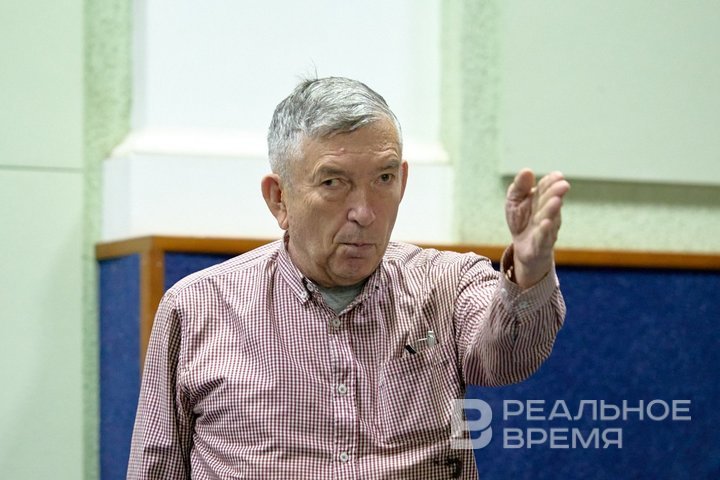
Faizrakhmanov retorted:
“I feel a claim to the Ministry of Culture in the fact that we chose this film at all. Firstly, before the presentation we have a pitching. Sorry, they didn’t choose you at this moment! Again, not a film of the Union. Secondly, during the pitching they ask questions about the professionalism of the team — and the team answered them.”
“It’s unlikely that the directors are hoping for a commercial payoff”
Later, Faizrakhmanov told the newspaper in more detail about the importance of the expert council’s assessment for the presented films.
“At this stage, we give recommendations for adjusting the films. We don’t issue the distribution certificate — that’s at the federal level. The creativity of the filmmakers will not be limited to these films, so today’s reviews will be useful for them. It is important for them to have relevant criticism from professionals,” he noted.
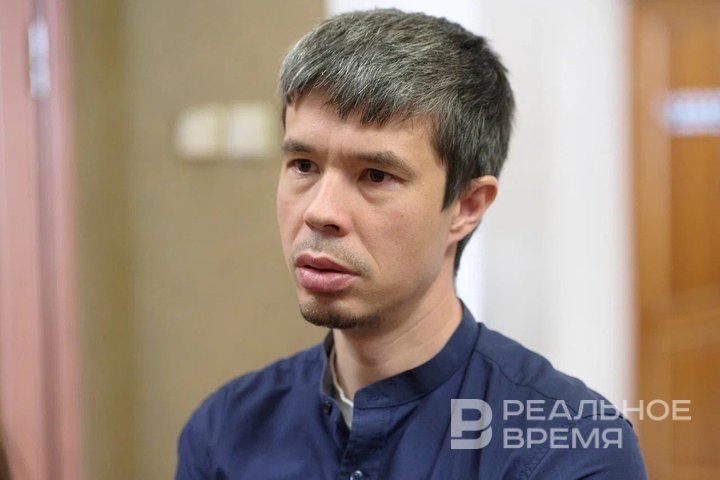
Based on the results of the conference, the Ministry of Culture will issue recommendations for the films it liked. Then they can be included in the broadcasting network of local TV channels and shown in Tatarkino cinemas.
“In fact, screenings will be not only in cinemas, but also in institutions. For example, such presentations are sometimes held in the National Library. This is not a commercial film. It is unlikely that directors are counting on commercial feedback. Screenings can be organized simply for education, in public programmes, the speaker added.”